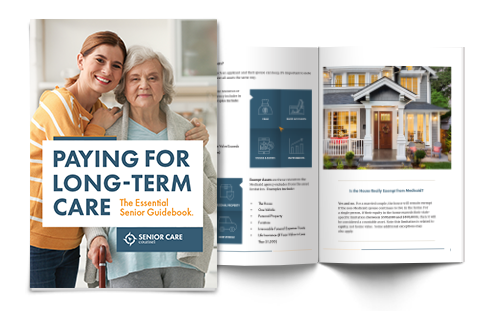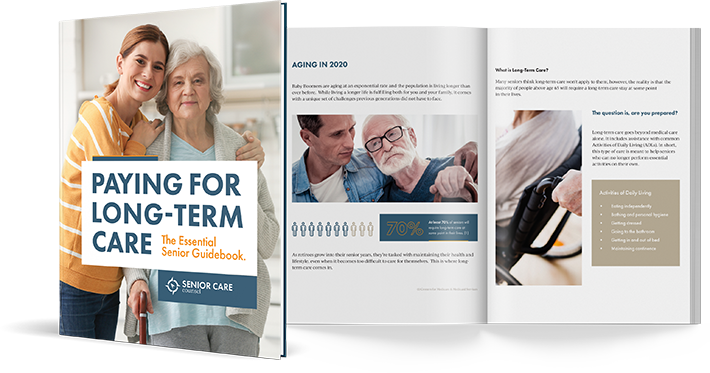When to Move Your Loved One into a Nursing Home

Are you caring for an elderly loved one whose condition is worsening? If so, you might be wondering when you should move them into a nursing home or other long-term care facility. How do you know when it’s the right time? This decision is a difficult one that often comes with a lot of uncertainty and emotion. Here are some tips to help you know when it’s time for your loved one to transition to a professional care facility.
They are experiencing a severe cognitive or physical decline.
A clear indication that your loved one needs professional care in a facility is a severe decline in their health, whether cognitive or physical. Maybe they had a sudden health event that caused their condition to worsen, or perhaps they have been experiencing a gradual regression of their health over time. Regardless of how the decline happened, if they now need a higher level of care and round-the-clock assistance, it’s probably time for them to move into a nursing home.
- Sudden health event worsens their condition
- Gradual regression of their health over time
- Need a higher level of care and round-the-clock assistance
At-home care is becoming too expensive or unrealistic.
As your loved one grows older and requires more hands-on care, it can start to become too expensive and impractical. For instance, the caregiver may be forced to purchase certain equipment or cut down on their job hours to provide a higher level of care. In many cases, caregivers have to sacrifice a lot of their time, energy, and money, which can get to be too much sometimes.
- Need to purchase equipment or cut down on job hours
- Sacrifice too much time, energy, and money
- No longer able to provide the care they require
The caregiver is feeling burnt out.
Caregiving is an incredibly demanding task, and caregiver burnout is a very serious problem. Caregivers should never sacrifice their own well-being to provide care to an elderly loved one, especially if their health is rapidly declining. Therefore, if the caregiver is feeling worn out and experiencing high stress, it’s probably the right time to move their loved one into a nursing home.
- Caregiver sacrificing their own wellbeing
- Feeling worn out and experiencing high stress
- No longer able to balance caregiving and other responsibilities
What it all boils down to: Your loved one needs a higher level of care that you are no longer able to provide.
You should never feel guilty for moving a loved one into a nursing home. Simply put, many seniors reach a certain point where they need professional assistance with daily tasks. And a nursing home is the best place to get that help.
Read more: How to Pay for a Nursing Home Stay
[FREE] GET OUR PLANNING GUIDE:
"Paying for Long-Term Care - The Essential Senior Guidebook"This guide takes a deep dive into the landscape of long-term care and how to pay for it without going broke, including the answers to your top questions surrounding Medicaid.
GET MY COPY
